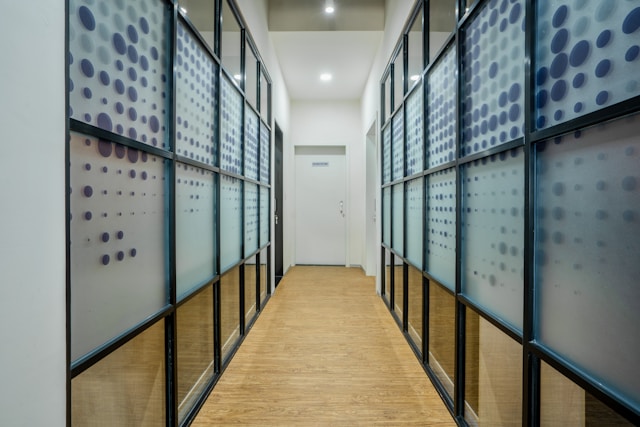
As data center development accelerates across Wisconsin, two Democratic lawmakers are advancing a proposal to ensure technology companies contribute more to the state’s energy, labor and sustainability standards.
The bill, introduced Thursday by Sen. Jodi Habush Sinykin (D-Whitefish Bay) and Rep. Angela Stroud (D-Ashland), would establish statewide rules for how data centers consume energy and water, pay workers and support environmental goals.

Wisconsin currently has 47 data centers, many concentrated in the southeast region, and several more developments under review by local governments. These large facilities host cloud-computing infrastructure and increasingly power artificial intelligence applications — a rapidly expanding sector with massive resource demands.
Local officials often welcome these projects because they provide significant property tax revenue and require relatively few public services. But residents and advocates have raised questions about land conversion from agriculture, high workforce expectations vs. limited permanent jobs, and the strain on local utility systems. Concerns over AI acceleration are also adding new layers to public debate.
So far, Wisconsin’s state policies related to data centers are minimal — a sales tax exemption approved in the 2023-25 state budget and a recently enacted law to evaluate the future of nuclear energy. Advocates say more action is overdue.
Habush Sinykin, whose district includes a controversial project in Port Washington, said the bill is focused on community involvement and transparency. “The new legislation being proposed today is about making sure that we have clear, statewide guardrails in place that provide people in communities across Wisconsin with the information and transparency they need to engage in the local decision-making process in an informed, effective manner from the start,” she said in a statement.
Under the legislation:
Environmental organizations say this approach is necessary to prevent household and small-business utility bills from rising due to tech expansion. “It’s mind-blowing that the only regulations we have on the books are to just incentivize data centers with no expectations for them being good environmental partners with the communities they’re going to be located in,” said Jen Giegerich of Wisconsin Conservation Voters.
“It’s really important that what this bill does is actually make sure that the data centers are paying their own way,” she added. “We’ve just seen energy costs rising, and the fact that we would continue to put costs for energy development for tech giants who are making unheard-of profits, and then expecting Wisconsin ratepayers to pay for that is really a problem. So this bill rectifies that, and I think it’s sorely needed.”

Construction labor is also central to the proposal. Workers building data centers would receive local prevailing wages or the rates specified in collective bargaining agreements — whichever is higher. To retain their state tax incentives, data centers must also source 70% of their energy from renewable resources.
Labor leaders argue these provisions will safeguard standards for one of the region’s fastest-growing construction sectors. “We want to make sure that any project that’s as complex as a data center is being done with the most skilled and trained workforce that’s out there,” said Steve Kwaterski of the Wisconsin Laborers’ District Council. “That ensures that it’s being done right on time, on budget, and done safely as well.”
The proposal arrives as states nationwide reassess how to manage data center expansion amid skyrocketing AI-related energy demand. Utility commissions across the U.S. are raising alarms about grid investment needs — and who will pay for them.
Republican lawmakers and industry groups are expected to weigh in as the bill advances, setting the stage for a major policy debate over whether Wisconsin should pursue growth at any cost or establish firm requirements before the tech boom accelerates further.
Originally reported by
Henry Redman in Wisconsin Examiner.